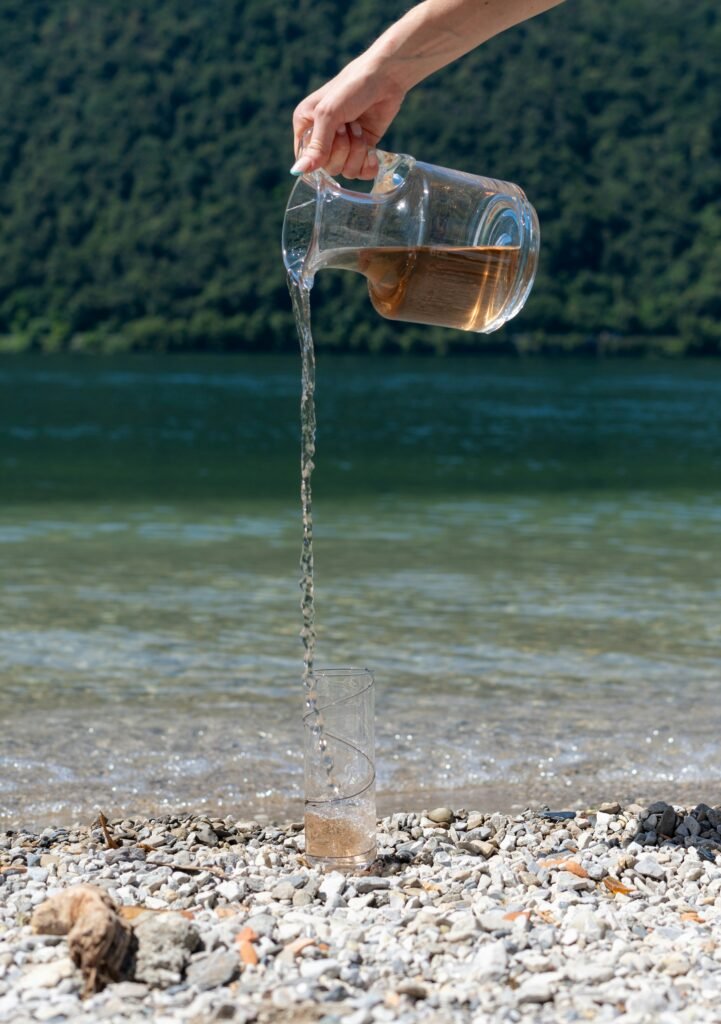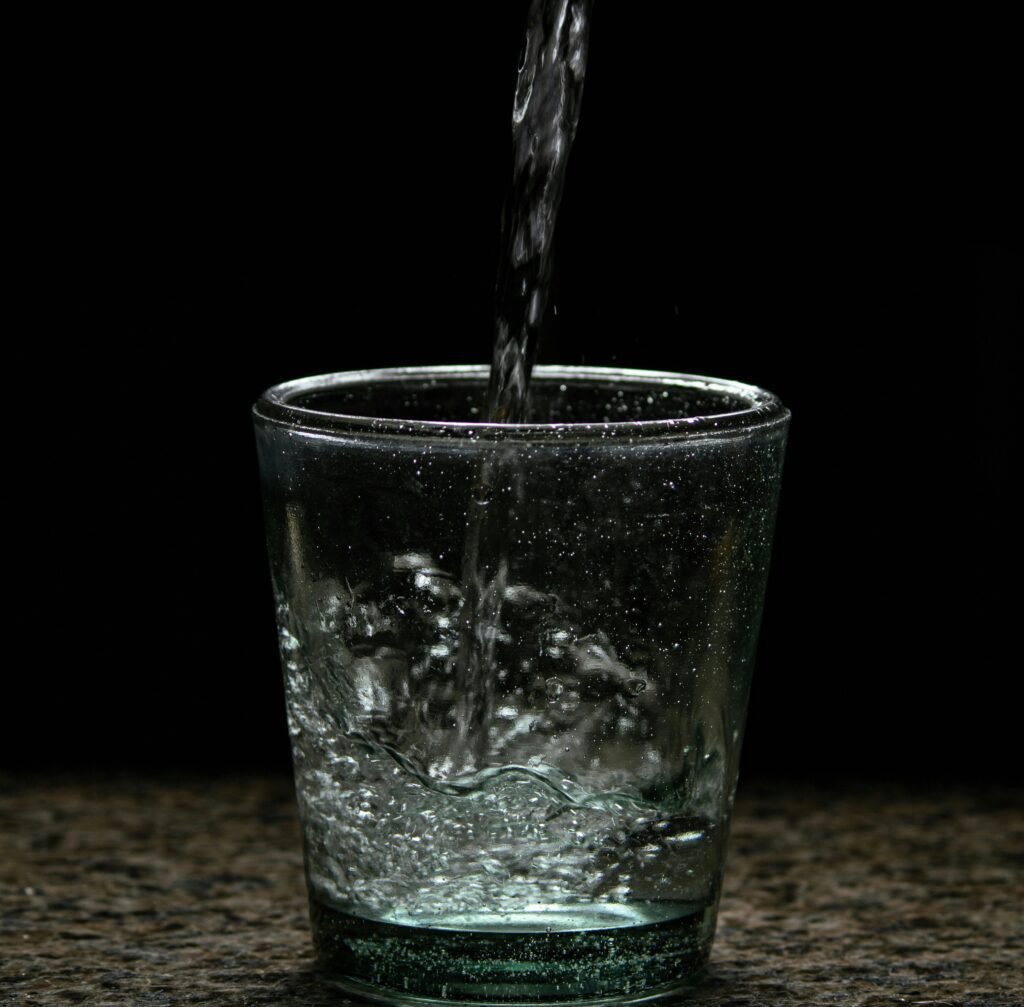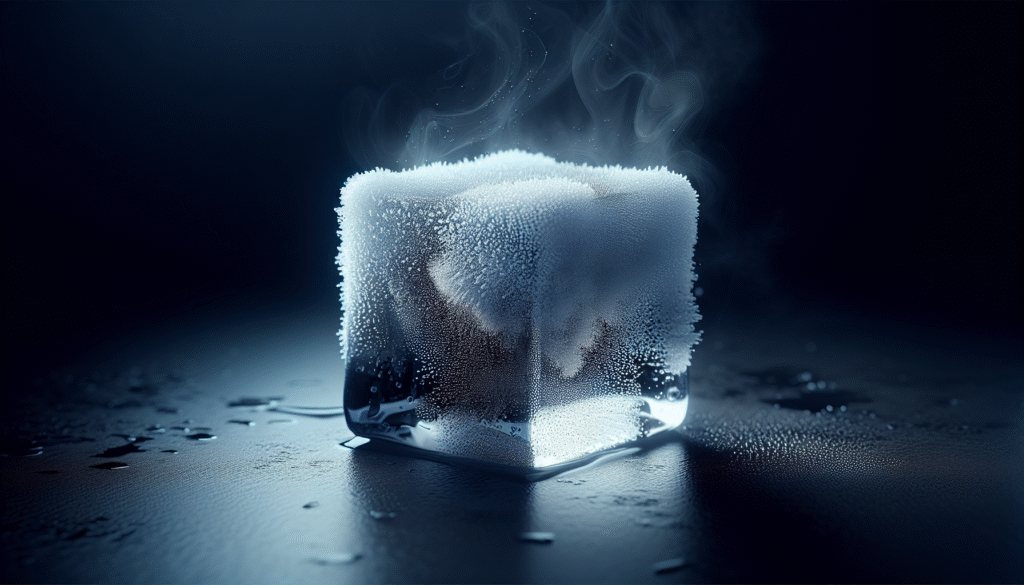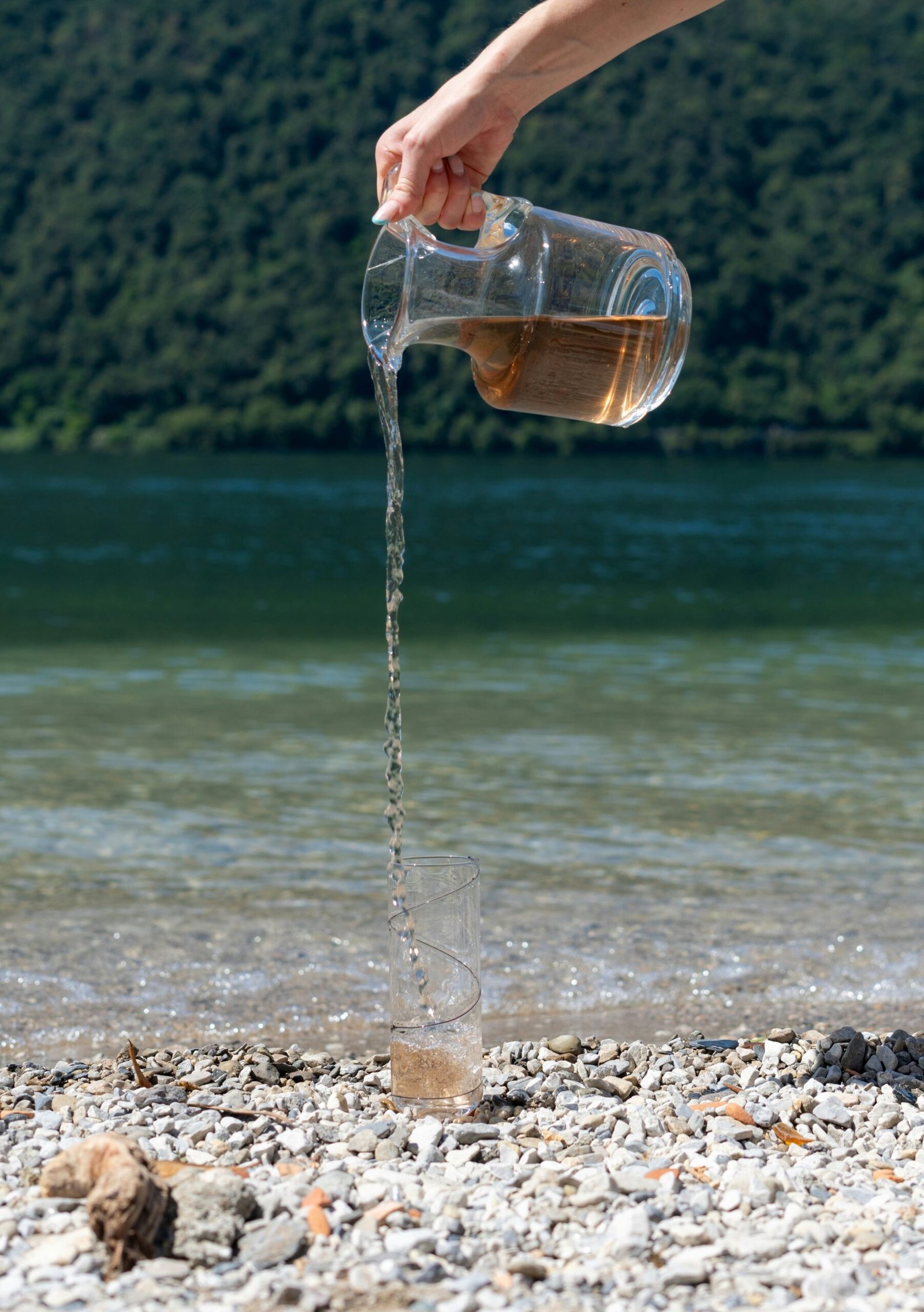Have you ever stepped into a cold shower and felt an instant rush of clarity? It’s almost magical, isn’t it? The way that icy water can revive your senses and invigorate your spirit might lead you to wonder: is there actually something scientific going on here, or is it just another trend making the rounds?
Understanding the Neurological Effects of Cold Water
Cold water immersion, often touted for its health benefits, has been the subject of fascination and debate among both enthusiasts and skeptics. The purported benefits range from improved mental clarity to enhanced physical performance. But what does the science actually say about the effects of cold water on our nervous system?
The Human Nervous System: A Brief Overview
Before delving into the specifics, let’s quickly recap how your nervous system operates. It consists mainly of two parts: the central nervous system (CNS) and the peripheral nervous system (PNS). The CNS includes your brain and spinal cord, while the PNS connects the rest of your body to the brain. When you expose yourself to cold water, the abrupt temperature change triggers a cascade of physiological responses.
Cold Shock Response: What Happens?
You may have heard of the “cold shock response.” This term refers to the immediate reactions your body undergoes when exposed to cold temperatures. Initially, you might experience gasping, increased heart rate, and heightened blood pressure. This is your body kicking into fight-or-flight mode, which is, in many ways, a neurological reset.
Table 1: Cold Shock Response – Key Reactions
| Reaction | Description |
|---|---|
| Gasping | An involuntary gasp that can happen in response to cold water. |
| Increased Heart Rate | Your heart pumps faster to circulate blood and maintain body temperature. |
| Elevated Blood Pressure | Your blood vessels constrict, leading to a temporary spike in blood pressure. |
| Hyperventilation | Rapid breathing that can lead to a feeling of lightheadedness. |
While alarming, these reactions are part of your body’s natural defense mechanism. They’re intended to help you adapt to a potentially life-threatening situation, and they can also lead to significant neurological changes.
The Neurological Reset: Myth or Mechanism?
So, what does “neurological reset” even mean? It can sound made-up, but let’s break it down a bit. When people mention a neurological reset, they often refer to the brain’s ability to recover or adapt in response to stressors, including temperature extremes. It’s the body’s way of challenging itself to promote resilience.
Is Cold Water Immersion Actually Beneficial?
It’s common to hear people preach about the benefits of cold water, claiming it helps with everything from boosting mood to enhancing cognitive function. While personal anecdotes are plentiful, the scientific evidence remains mixed.
The Positive Aspects of Cold Water Immersion
-
Increased Alertness & Focus
- The initial shock from cold water can lead to increased levels of norepinephrine, a neurotransmitter involved in focus and attention. Being immersed in cold water briefly jolts your brain into a heightened state, which may lead to better performance in tasks requiring concentration.
-
Mood Enhancement
- You might have noticed that chilly water can dramatically shift your mood. Research suggests that cold exposure might stimulate the release of endorphins, the body’s natural feel-good chemicals. This can give you that post-cold shower euphoric rush.
-
Stress Resilience
- Regular cold exposure may increase your ability to handle stress. When your body adjusts to the initial shock of cold water, it has to engage and adapt, potentially enhancing your overall resilience to stressors in daily life.
The Caveats: What to Be Aware Of
While the potential benefits sound enticing, it’s also essential to approach cold water immersion with caution.
The Risks of Cold Water Exposure
-
Hypothermia
- Prolonged exposure to cold water can lead to hypothermia, a dangerous condition that occurs when your body loses heat faster than it can produce it. Monitor your time in cold water closely.
-
Cold Water Shock
- As discussed earlier, cold shock can produce alarmingly rapid physiological responses. If not managed properly, these reactions can lead to dangerous situations, especially if you’re unprepared for the shock.
-
Not for Everyone
- Individuals with certain medical conditions, especially related to the heart or respiratory system, may want to avoid cold water immersion altogether. Always consult with a healthcare provider before trying cold exposure.

Real-World Applications: How to Incorporate Cold Water Immersion
Now that you understand the potential benefits and risks, how do you determine if cold water immersion is right for you? Here are some practical applications and during what circumstances you might want to engage in this practice.
Cold Showers
Starting with cold showers is a practical and relatively safe way to introduce your body to cold exposure. Consider implementing short bursts of cold water at the end of your shower to reap the benefits without going overboard.
Ice Baths
For those serious about cold exposure, ice baths are a more intense option. This method is more commonly used by athletes post-exercise for recovery. If you choose this route, ensure that you don’t stay in for too long—around 10 to 15 minutes is usually sufficient.
Winter Swimming
Dipping into natural bodies of cold water can be exhilarating and invigorate your senses. However, never swim alone and ensure you’re aware of the risks of cold water swimming.
Recovery and Adaptation
Continuing to engage in cold water exposure leads to a fascinating phenomenon: adaptation.
The Body’s Adaptation Mechanism
Your body is constantly trying to maintain homeostasis, that is, balance. When consistently exposed to cold water, it can undergo a series of adaptations that may positively affect your health and well-being.
-
Improved Circulatory System
- Regular cold exposure can enhance circulation. Your body learns to pump blood more efficiently, leading to better overall cardiovascular health.
-
Stimulation of Brown Fat
- Cold exposure can stimulate the production of brown fat, a type of fat that burns energy rather than storing it. This can aid in weight management alongside a healthy diet.
Mental Adaptation: Building Resilience
-
Overcoming Discomfort
- Engaging in cold water immersion pushes you out of your comfort zone and builds mental toughness. Regular exposure can help you learn to confront and manage discomfort in other areas of your life as well.
-
Mindfulness and Presence
- The immediacy of cold water forces you to be present. You can practice mindfulness as you experience that jolt of coldness; focusing on how your body feels can lead to enhanced mental clarity.

The Scientific Community’s Perspective
Understanding the potential impact of cold water immersion involves consulting various studies and findings. Let’s take a moment to look at what researchers say about the subject.
Existing Research on Cold Water and Neurological Impact
A number of studies have investigated cold water’s effects on the human body, with promising findings about psychological benefits, but further research is required for definitive conclusions.
Table 2: Summary of Research Findings
| Study | Findings | Limitations |
|---|---|---|
| Research A | Cold water exposure improved mood and reduced stress. | Limited sample size; requires further investigation. |
| Research B | Positive impact on cognitive function amongst athletes. | Results may not be applicable to the general population. |
| Research C | Enhanced resilience and coping mechanisms observed. | Long-term effects were not assessed. |
While preliminary findings can be promising, it’s crucial to remember that individual responses may vary and the science is still evolving.
Personalizing Your Cold Water Experience
So, you might be intrigued and want to give it a try, but how can you make sure that the experience is effective for you? Here are some tips.
Start Slow
If you’re new to cold water immersion, start with shorter durations and gradually extend your time as your body adapts. The aim is to allow your nervous system to acclimate without overwhelming it.
Listen to Your Body
Always pay attention to how you feel during and after cold exposure. Your body will often send you signals if it’s too much, so make adjustments accordingly.
Combine with Breathing Techniques
Incorporating breathwork while in cold water can enhance the overall experience. Use breathing exercises—like deep, controlled breaths—to help regulate your body’s stress response.

Potential Future Research
The growing interest in cold water immersion and its effects on neurological health invites academic curiosity. Future studies could offer deeper insights into the lasting benefits, specifically regarding cognitive function, emotional well-being, and physical resilience.
Questions Worth Exploring
Several questions remain unanswered and could be valuable for research:
- What are the long-term psychological effects of regular cold water immersion?
- How does cold exposure interact with different personality traits regarding stress management?
- What are the safest protocols for incorporating cold water therapy into everyday life?
Conclusion: To Reset or Not to Reset?
As you’ve navigated through the captivating yet complex world of cold water immersion, it’s natural to have lingering thoughts. While cold water can undoubtedly serve as a tool for enhancing mood, resilience, and mental clarity, it’s essential to balance ambition with caution.
Whether you find the neurological reset effect to be real or just another sensational myth, one thing is clear: cold water immersion is an experience that can heighten awareness and encourage personal growth. The next time you stand beneath that frosty stream, remember the journey your body—and mind—are about to embark on. Your nervous system might just thank you for it.


